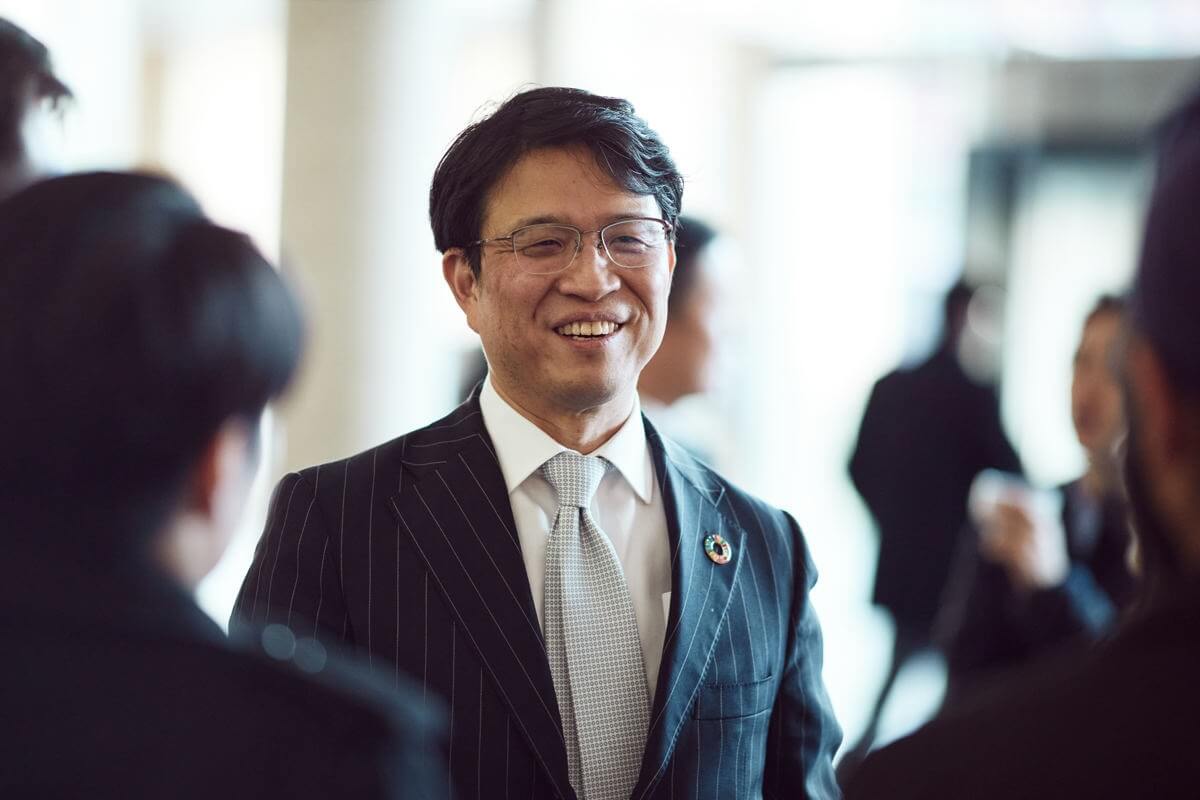MJL: Are there specific ESG issues that are of particular importance for pension fund owners at this stage?
HM: Climate change is relevant, and it’s up to people like us to step up and promote that message. If somebody owns a company for six months, it’s easy to say climate doesn't matter to that owner. But if you're going to own for twenty years, it’s a different story. We also need to make sure that the Board will commit on issues like climate because a CEO’s term is too short to be responsible for such long-term outcomes. It’s difficult to ask a CEO to pay attention to something beyond their term. It’s our responsibility to make sure that Directors and other long-term asset owners commit on long-term issues.
Breaking apart ESG, Governance (G) is a bit different because G is not a goal or target as such, but Environmental (E) and Social (S) are outcomes. Governance is important because it’s a means to ensure the company looks after E and S which only affect the company in the long term. Hence, we don't like to detach any part of the ESG alphabet. You can look at the environment and look at gender diversity, but at the end of the day, those E and S issues won’t necessarily affect the corporate bottom line in the short term. We need G to make sure they are dealt with in the long term. Asset owners should affect companies’ long-term decisions and investment through the G in ESG.
MJL: What advice would you give to MBA students who want to turn their career into positive impact?
HM: First of all, think very hard about what it means to work for or found a company. What’s the purpose of it? And they are going to face the biggest question, which is who owns your business? Shareholders or other stakeholders? MBAs today are entering a world where they need to address that question. I have one hundred percent confidence leaders will do a better job managing these issues than will machines. That’s actually one reason I really push my team to do ESG. The more we work on Artificial Intelligence (AI), the more popular ESG becomes among my team. Because we don't want AI to decide what's the best solution for us, for the planet, what's the best solution for society. We have a sense that we humans want to make that judgement. The more my team understands this, the more interested they become in ESG issues.







